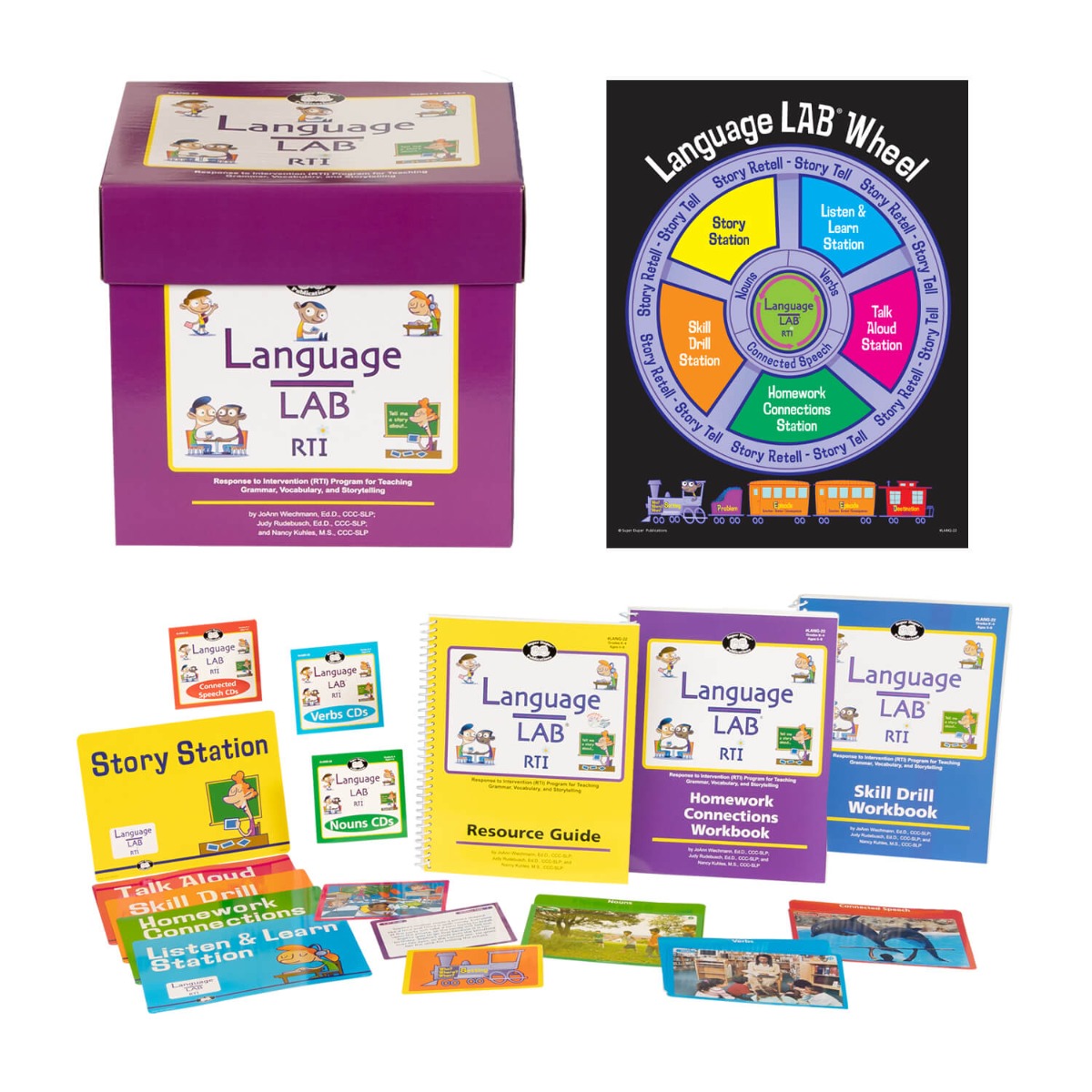by Robyn A. Merkel-Piccini M.A., CCC-SLP (revised by Mary Lowery, M.S., CCC-SLP)
Many people don’t realize that “speech therapy” doesn’t just refer to how we pronounce sounds and words. It addresses a wide variety of language
and learning skills. Language itself is a wide topic that ranges from vocabulary to reading comprehension. Statewide standardized testing
(i.e., the California Achievement Test) assesses a child’s language skills. Reading on grade level requires a certain knowledge of age-appropriate
vocabulary. The social act of conversation is a specific area of language known of “pragmatic language.”
Language develops early in life. In fact, the simple act of your baby smiling at you is one of the signs your child’s language is developing.
The term “mother-ease” defines parent-child activities such as: eye contact, imitation of the child’s “goo goo ga ga” sounds, and infant games
like “Peek a Boo.” Language continues to develop until we are adults. This is why parent engagement and the home environment are so important
for language development.
Interaction and conversation during everyday activities are the keys to excellent language skills. Talk to your child about everything, and they
will talk back! Here are some tips for learning language in the home.
- Talk to your child while riding in the car, bathing, dressing, cleaning, shopping, watching TV, and during mealtimes. Ask the child to label or describe the objects in the environment.
- Ask the child questions about what they did in school or during a play date. Sequencing language helps with vocabulary retention, reading readiness, and math skills.
- Keep a calendar, journal, or scrap book with your child. Have the child be aware of upcoming holidays, birthdays, school activities, and religious events. This adds to the child’s knowledge of his/her environment and allows for good conversation.
- Your language is the model for your child’s speech and language, so encourage conversations that are both age appropriate and polite! Social graces such as “please” and “thank you” help your child gain their wants and needs in the classroom and in life.
- Be proud of your accomplishments with your child! Research proves that parents know best when it comes to their own child’s language development. If you notice speech or language difficulties, discuss them with your child’s teacher or the school’s Speech-Language Pathologist.






















